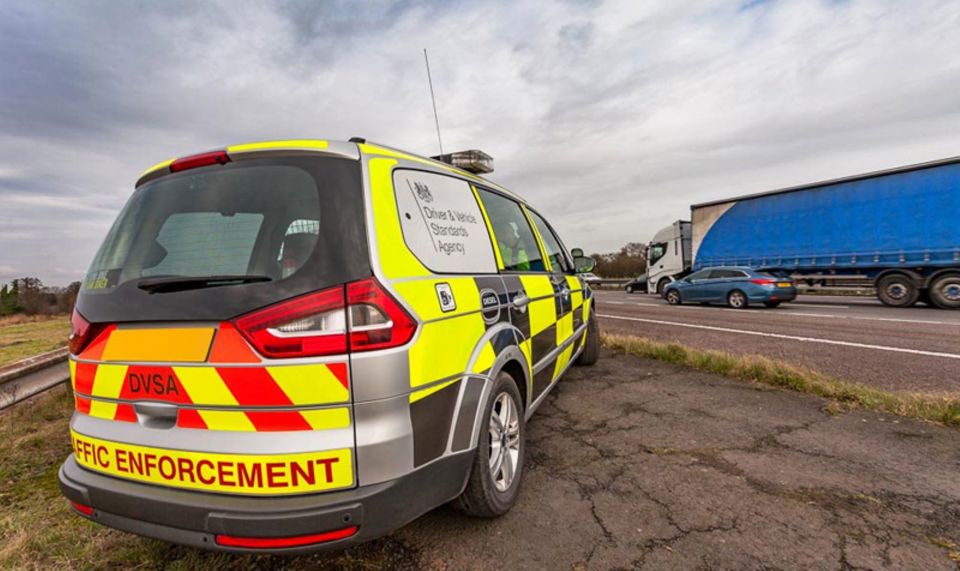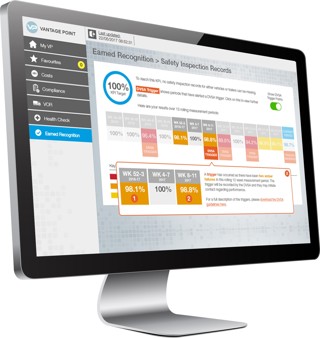The Driver and Vehicle Standards Agency (DVSA) has launched its vision to 2030, setting out what needs to be done to keep Britain moving safely and sustainably.
DVSA already plays a leading role in setting driver and vehicle standards, assessing that drivers and vehicles are safe, and licensing, accrediting, regulating and enforcing in industries including driver training, MOT testing and commercial vehicle operators.
Under its new vision, DVSA says it will significantly increase its work to inform, educate and advise the public and businesses.
This, it says, will help to make sure that driving standards and driving tests are suitable for self-driving vehicles, existing drivers are able to use self-driving vehicles safely, the vehicle approval process promotes innovation in automation and net-zero emissions, and MOT testing and in-service vehicle safety keep up with the latest vehicle technology, such as artificial intelligence, radar and lidar (light detection and ranging).
Furthermore, it says it aims to ensure vehicle data is accessible and easy to use, commercial vehicle operators have clear standards to follow that reflect the latest technology, more commercial driver and vehicle non-compliance is detected remotely through better data and technology, and commercial vehicle operators have access to tailored guidance to help them.
Logistics UK has welcomed DVSA’s vision to 2030. Phil Lloyd, head of engineering policy at Logistics UK, said: “Logistics UK welcomes DVSA’s publication of its vision strategy and is delighted to see points highlighted by Logistics UK within conversations with the agency supported, such as maintaining the increased numbers of vocational HGV tests.
“Also within the vision document is the recognition that autonomous vehicles will play a much larger role moving forward, and it is therefore encouraging that DVSA is already thinking about how it will reach its goal of road safety within this new environment.
“Logistics UK also welcomes the forward-thinking approach to using datasets to identify root causes of issues to improve compliance and looks forward to continuing to support DVSA deliver its vision.”
Loveday Ryder, DVSA chief executive, added: "Whatever your stake in DVSA, we want to set out what the DVSA plans to achieve of behalf our customers and stakeholders. That’s whether you work for us or in partnership with us, or you are responsible for holding us to account.
“Our strategic plan to 2025 and vision to 2030 set out our ambitions and the challenges we set ourselves to achieve our vision to 2030 of keeping Britain moving, safely and sustainably.
“The transformative plans in these documents demonstrate our drive for more efficient services. We will always keep looking for ways to build on this to support the Government’s ambitions.”
DVSA’s vision to 2030 is supported by a strategic plan to 2025.
DVSA’s business plan for 2023 to 2024 will be published later in spring. It will set out the priorities and targets for the coming year.






















Login to comment
Comments
No comments have been made yet.